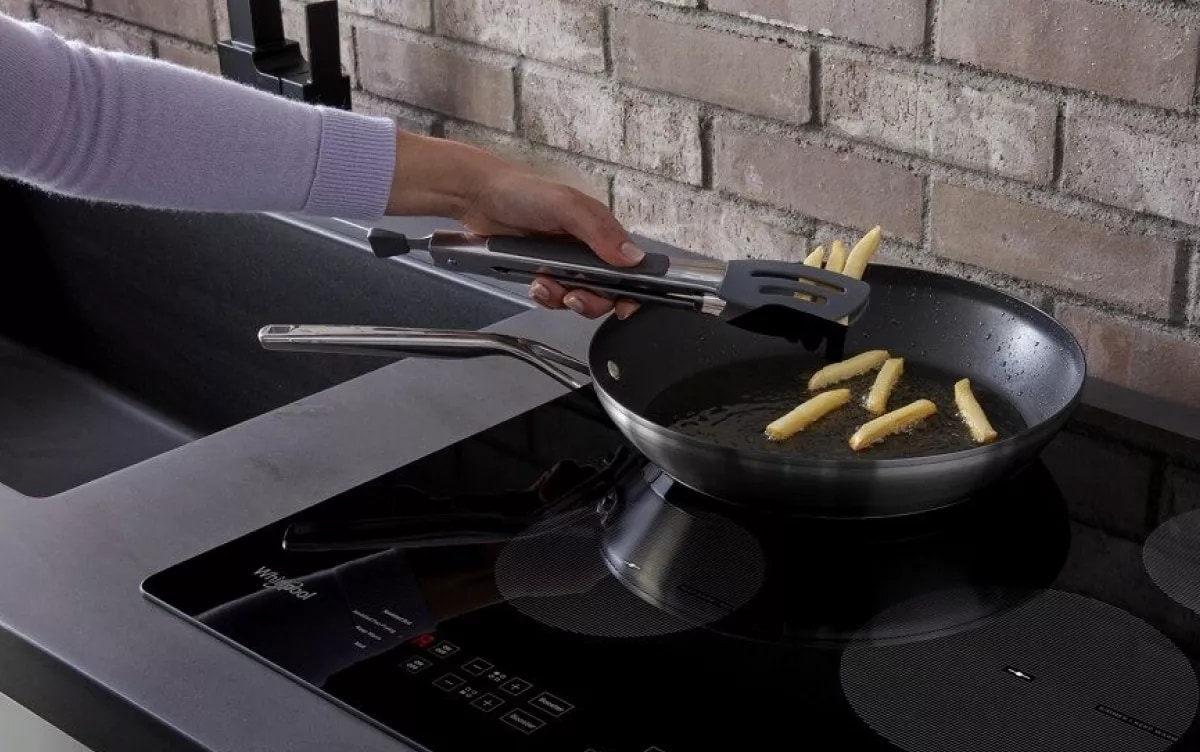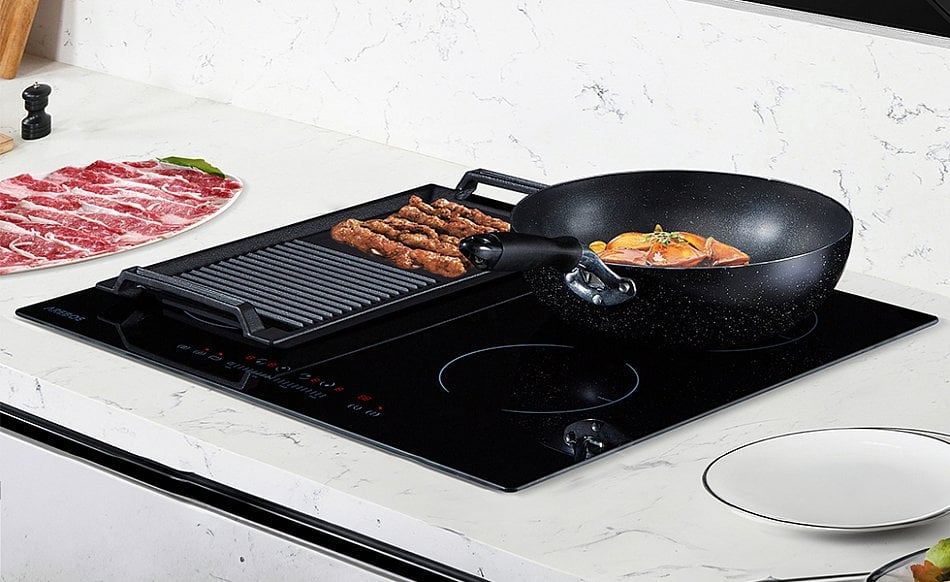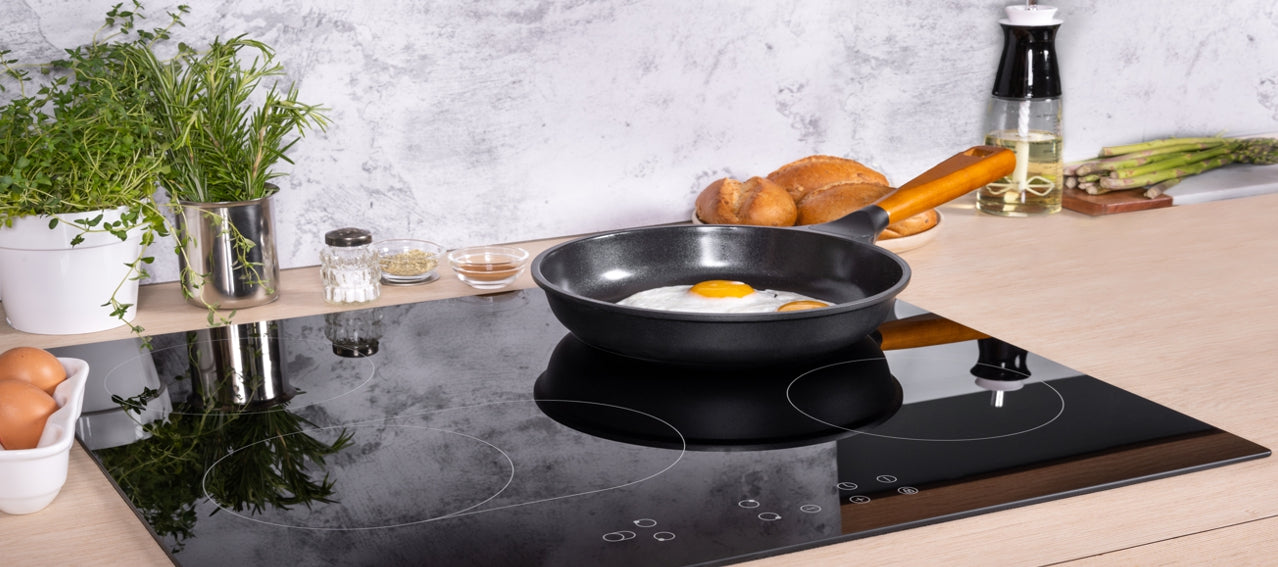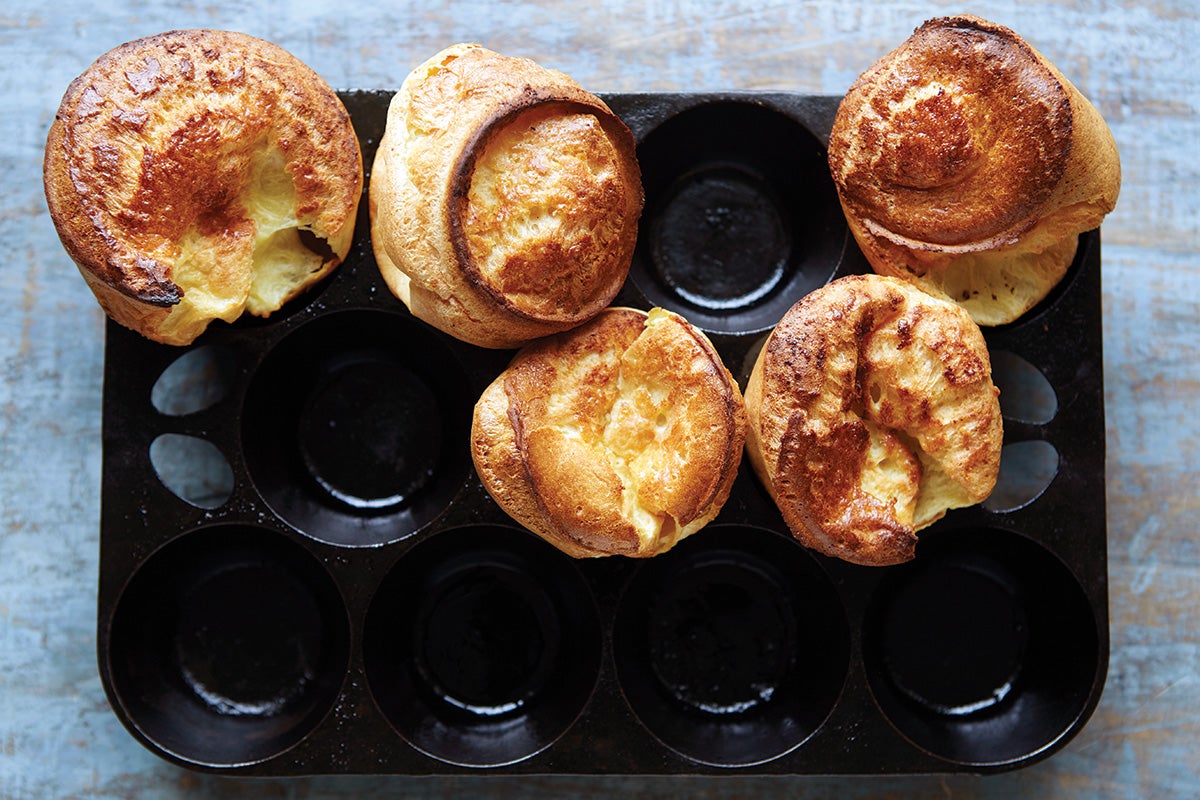In the ever-evolving world of culinary arts, kitchen professionals often find themselves at a crossroads when selecting the right cookware for induction cooking. The debate between cast iron vs aluminum on induction is one that has chefs weighing the benefits and drawbacks of each material. Understanding the nuances of these two materials can help in making an informed decision that enhances cooking experiences and outcomes.

The Allure of Cast Iron
For centuries, cast iron has been a staple in kitchens around the world. Its reputation for durability and exceptional heat retention makes it a favored choice for many chefs. When it comes to induction cooking, cast iron is a formidable contender due to its magnetic properties, which are essential for induction compatibility. The dense nature of cast iron allows for even heat distribution, ensuring that food cooks uniformly.
However, cast iron's weight can be a double-edged sword. While it contributes to its stability on the stovetop, it can also pose a challenge for chefs who require quick maneuverability. Additionally, cast iron requires regular maintenance to prevent rust and maintain its non-stick surface.
Why Aluminum is a Popular Choice
Aluminum cookware offers a different set of advantages. Known for its lightweight nature, aluminum is easy to handle, making it ideal for fast-paced kitchen environments. It heats up quickly, which is perfect for dishes that require precise temperature control. However, not all aluminum cookware is suitable for induction cooking. For it to be compatible, it must have a magnetic base or core.
One of the downsides of aluminum is its tendency to react with acidic foods, potentially altering the taste of certain dishes. To combat this, many aluminum cookware options come with a non-stick or anodized coating, which also helps improve its durability.
Comparing Performance on Induction Cooktops
The performance of cast iron vs aluminum on induction cooktops varies significantly. Cast iron's ability to maintain a steady temperature makes it ideal for slow cooking and searing. On the other hand, aluminum's rapid heating is advantageous for dishes that require quick temperature adjustments. It's crucial to consider the type of dishes frequently prepared when choosing between these materials.
Induction cooktops themselves are a marvel of modern technology, providing energy-efficient and precise heat control. As outlined in HowStuffWorks, induction technology uses electromagnetic energy to directly heat cookware, offering a significant advantage over traditional gas or electric stoves.
Maintaining and Caring for Your Cookware
Proper maintenance of cookware can extend its lifespan and enhance performance. For cast iron, regular seasoning is crucial to maintain its non-stick surface and prevent rust. Cleaning should be done with minimal soap and water, followed by thorough drying. For more tips, you can explore Sizzling Platter Safety Tips.
Aluminum cookware, particularly those with non-stick coatings, should be handled with care to avoid scratching. It's advisable to use wooden or silicone utensils and avoid abrasive cleaning materials. Ensuring that the magnetic base remains intact is essential for continued induction compatibility.
Environmental and Health Considerations
When it comes to environmental impact, both cast iron and aluminum have their pros and cons. Cast iron is highly durable and can last a lifetime, reducing the need for frequent replacements. Aluminum, while recyclable, has a more energy-intensive production process.
Health-wise, cast iron can add beneficial iron to your diet, whereas aluminum should be used with caution to avoid potential health risks associated with aluminum exposure. It's important to use cookware that is PFOA and PTFE-free to minimize health risks.
Which is Right for Your Kitchen?
The choice between cast iron vs aluminum on induction ultimately comes down to personal preference and cooking needs. For chefs who prioritize heat retention and durability, cast iron is the way to go. Those who need lightweight and responsive cookware might prefer aluminum. For a deeper dive into similar comparisons, check out Cast Iron vs Glass Cookware on Induction.
In conclusion, understanding the benefits and limitations of each material can guide kitchen professionals in selecting the most suitable cookware for their culinary creations. Whether you choose cast iron or aluminum, ensuring compatibility with your induction cooktop is key to achieving delicious results.

FAQs
Does cast iron work on induction cooktops?
Yes, cast iron is fully compatible with induction cooktops due to its magnetic properties, making it an excellent choice for even and consistent cooking.
Can you use regular aluminum on induction stoves?
No, regular aluminum cookware is not suitable for induction cooking unless it has a magnetic base or core that allows it to work on induction stoves.
What are the health considerations of using aluminum cookware?
While aluminum cookware is generally safe, it's important to ensure it is PFOA and PTFE-free to avoid potential health risks. Using anodized aluminum can also help mitigate concerns about reactivity with food.





Leave a comment
This site is protected by hCaptcha and the hCaptcha Privacy Policy and Terms of Service apply.